We provide new evidence on retailers’ pricing and advertising of store brands in the U.K. grocery markets. We analyse a simple Hotelling model in which retailers and manufacturers endogenously advertise their respective brands; we account for the impact of advertising on retailer–manufacturer bargaining and downstream competition. The model predicts that retailers advertise their store brands less when advertising is more rivalrous. We present empirical evidence consistent with this prediction. According to our model, aggregate consumer surplus can be higher with store brands than when they are absent from the market.
Authors

CPP Co-Director, IFS Research Director
Rachel is Research Director and Professor at the University of Manchester. She was made a Dame for services to economic policy and education in 2021.

Research Fellow London School of Economics
Kate is an IFS Research Fellow and an Assistant Professor at LSE, interested in public finance, industrial organisation and applied microeconomics.

Michal Krol
Journal article details
- DOI
- 10.1111/joie.12178
- Publisher
- Wiley
- Issue
- March 2019
Suggested citation
R, Griffith and M, Krol and K, Smith. (2019). 'Why do retailers advertise store brands differently across product categories?' (2019)
More from IFS
Understand this issue
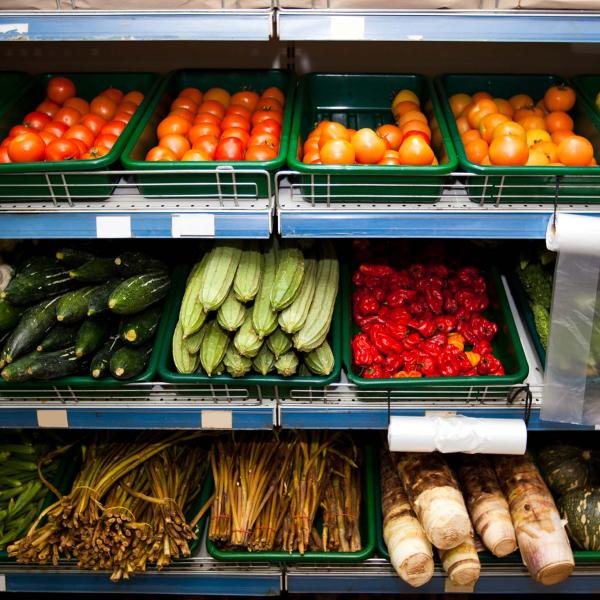
What's wrong with inflation?
10 May 2023

Transparency is key to maintaining trust in government. Let’s not cap it
12 September 2022

How should the government tax electric cars?
19 May 2022
Policy analysis
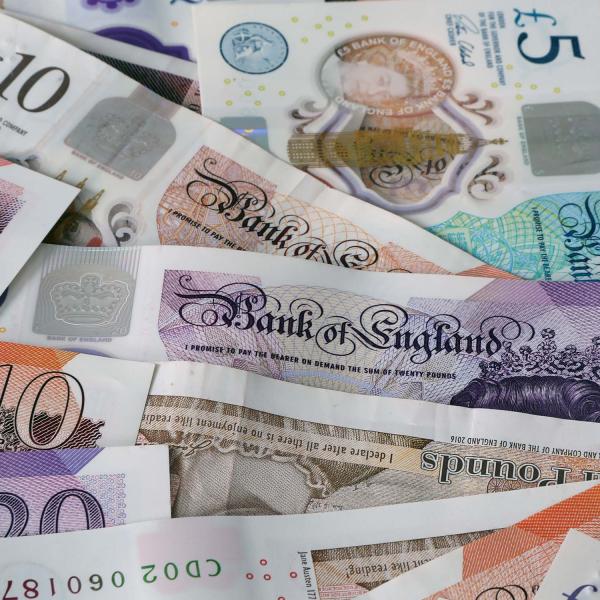
Tax and public finances: the fundamentals
23 August 2023
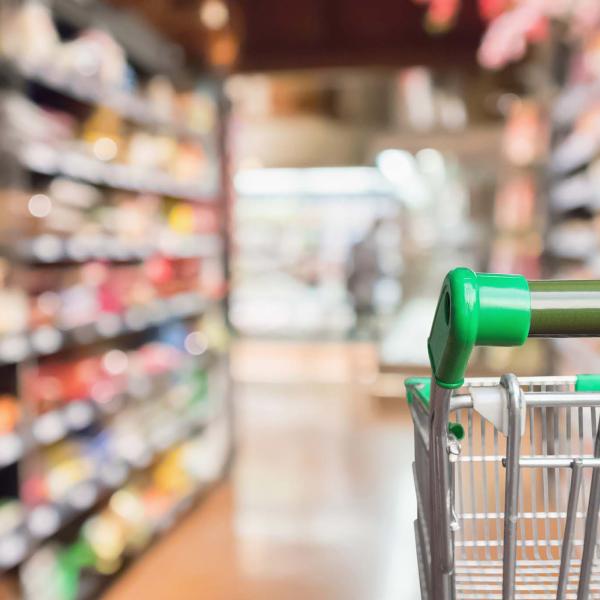
Poverty
13 July 2023

Living standards, poverty and inequality in the UK: 2023
13 July 2023
Academic research

Saving by buying ahead: stockpiling in response to lump-sum payments
2 February 2024
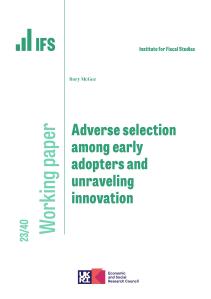
Adverse selection among early adopters and unraveling innovation
18 December 2023
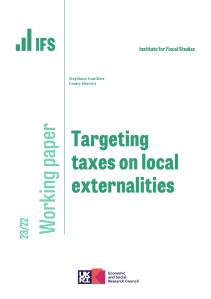
Targeting taxes on local externalities
14 August 2023